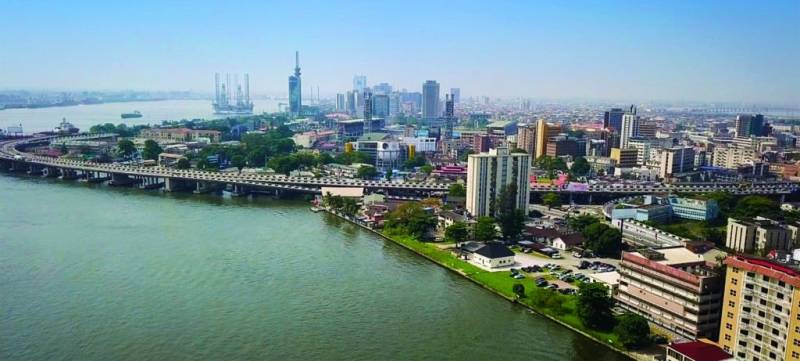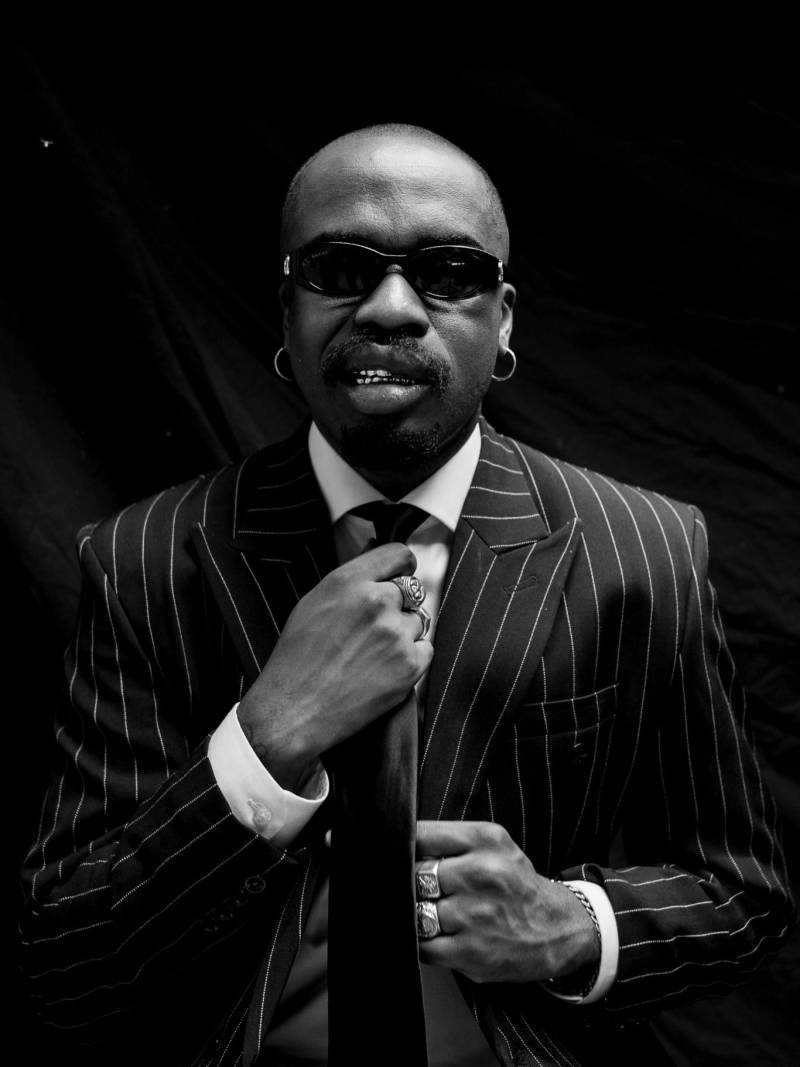Located in San Francisco, Flutterwave offers online payment infrastructure. Both small local start-ups and large conglomerates like Microsoft and Uber are among its clients. Five years after its founding, in 2021, Flutterwave was transformed into a unicorn (valued at over a billion dollars). Early in 2022, a $250 million US series D fundraising round increased that valuation to $3 billion. It intends to go public within the next two years if all goes as planned.

Really impressive, no? However, the fact that Flutterwave is a non-American business is what really stands out. Its primary markets are Nigeria, Kenya, and South Africa. It was started in Lagos by three Nigerians.
The Nigerian IT industry has more success stories than only Flutterwave. Five of Africa's seven unicorns are based in Nigeria, which is home to four additional billion-dollar companies: Interswitch, a payments business; Jumia, Africa's Amazon; OPay, a mobile money provider; and Andela, a tech school and employment agency. There are more on the way.
Amazing, isn't it? The fact that Flutterwave is a non-American company, though, is what really stands out. The company was started in Lagos by three Nigerians, and Nigeria, Kenya, and South Africa are its three major export markets.
READ ALSO: Before the Twitter Trial, Musk Sells Another $6.9 Billion Worth Of Tesla.
The Nigerian tech sector is home to several success stories besides Flutterwave. Nigeria is home to five of Africa's seven unicorns thanks to four other Nigerian businesses that are each valued over a billion dollars: Interswitch, a payments firm, Jumia, Africa's Amazon, OPay, and Andela, a tech school and placement service. There are more coming.

Many of these businesses have been around for under ten years. They are capitalizing on Nigeria's booming digital sector to become Lagos the continent's most active tech hub. Overtaking Nairobi, often known as Silicon Savanna, it became the African city with the highest concentration of tech start-ups in 2021. The expansion has been so quick that the funny nickname for Lagos tech, "Yabacon Valley," is still not widely known.
What's the enigma of Yabacon Valley? (From Yaba, the boom's epicenter suburb.) The people are to blame. Nigeria is almost twice as big as the second-largest African nation, with almost 220 million inhabitants (Ethiopia, at 120 million). Lagos is the biggest metropolis on the continent and among the biggest in the world, with a population of 27 million.
What's the enigma of Yabacon Valley? (From Yaba, the boom's epicenter suburb.) The people are to blame. Nigeria is almost twice as big as the second-largest African nation, with almost 220 million inhabitants (Ethiopia, at 120 million). Lagos is the biggest metropolis on the continent and among the biggest in the world, with a population of 27 million. Lagos would have the seventh-largest GDP on the continent if it were a nation.
Rapid urbanization, a sizable population, recent political stability, and the relative affordability of smartphones and internet connection have all combined to transform the nation into a hotspot of problem-solvers. This is taking place in spite of restrictive financial systems, lax but outdated regulations, and a weak physical infrastructure. Similar to Kenya, Nigerian start-ups are outpacing aging legacy systems.

For instance, many Africans, including Nigerians, can purchase a variety of goods online, from food to electronics, pay with their phones, and have their orders delivered to their homes. A Westerner could consider this routine. However, it works like magic in a continent where the majority of adults do not have a bank account and where street addresses are essentially nonexistent. Yet Nigerians also take it for granted as a result of these start-ups.
In the early days of the internet, "yahoo guys," those ingenious email scammers who have separated countless victims from the contents of their wallets, were, fairly or unfairly, most strongly identified with Nigerian internet users. Now, however, the digital industry must mature without repeating the errors of the Silicon Valley cowboys, whose motto of "move fast and break things" gave rise to teen-addictive social media and purposeful breaching of the law, such as in the early days of Uber.
Nigeria's start-ups must take care not to taint the water for everyone else as the continent's new digital leader.




